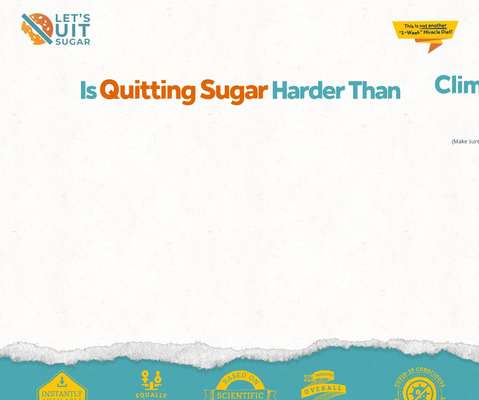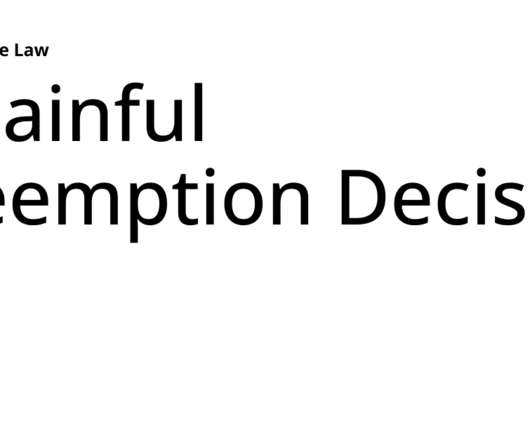New Phase 3 Data Show TAK-620 (maribavir), an Investigational Drug for the Treatment of Transplant Recipients with Refractory/Resistant Cytomegalovirus (CMV) Infections, Meets Primary Endpoint
The Pharma Data
DECEMBER 3, 2020
2002;S1-S12. The European Blood and Marrow Transplantation Textbook for Nurses: under the Auspices of EBMT. Complement-fixing antibodies against cytomegalovirus in different parts of the world. 1973;49:103-6. 3 De la Hoz, RE., J Clin Virol. Cytomegalovirus infection in transplant recipients.












Let's personalize your content